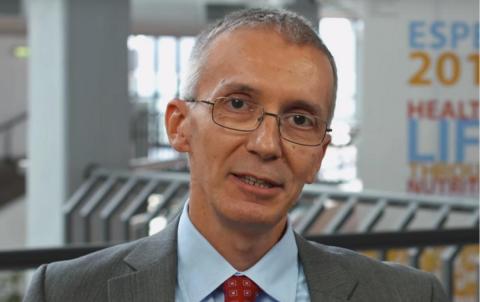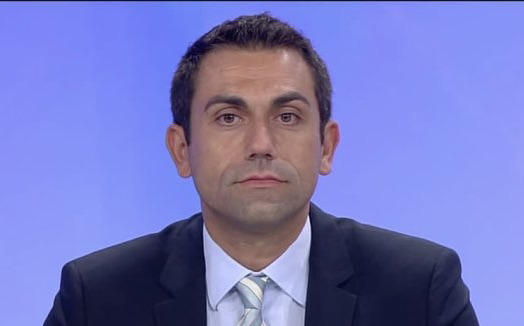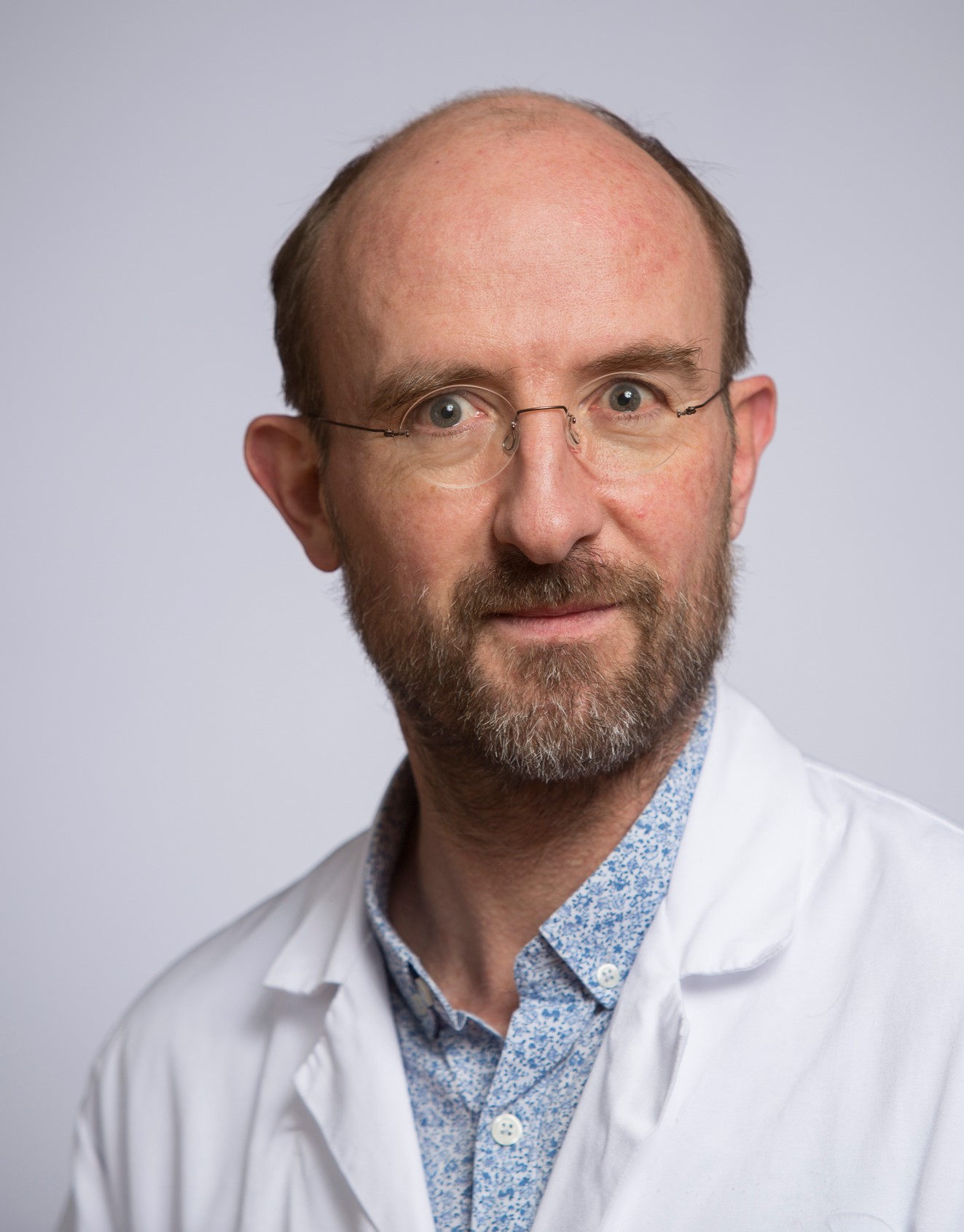
2021
2021
CHAIRS
J. Arends, DE - M. Muscaritoli, IT
BACKGROUND
Malnutrition seriously impacts on clinical outcome in surgical and medical cancer patients. Prevention and early recognition and treatment are essential and require regular screening and professional assessment to detect relevant derangements limiting food intake, physical activity and anabolic potential. The pathophysiology of events is being increasingly understood and to improve optimal nutritional support appropriately tailored multiprofessional interventions are recommended. This refers to all settings of cancer care including pre-surgical prehabilitation, parallel support during radiation therapy and systemic anticancer treatment, as well as post-treatment rehabilitation. To enable cancer centers to offer these complex guideline-supported interventions, setting aside and guiding appropriate healthcare resources is essential and requires further emphasis.
LEARNING OBJECTIVES
- To understand the pathophysiology and impact of malnutrition on clinical outcome and discern different options to detect and fight major causes of malnutrition, sarcopenia and cachexia
- To understand the differences between malnutrition, cachexia and sarcopenia and how they are imbricated and differentially diagnosed in cancer patients
- To learn from case discussions how to best implement nutrition assessment and choosing nutritional interventions
- To discuss essential reimbursement issues of nutritional therapy and the challenges of appropriately distributing required health care resources
RECORDED PRESENTATIONS:
KEY NOTE LECTURE: The ESMO clinical practice guidelines on cancer cachexia - J. Arends, DE
KEY NOTE LECTURE: ESPEN practical guideline: Clinical Nutrition in cancer - M. Muscaritoli, IT
PRESENTATIONS DISCUSSED DURING DAY 1
Reducing the burden of malnutrition and cachexia in clinical practice - N. Erickson, DE
The patient’s perspective: needs during medical therapy, how should patient reported outcomes be evaluated from a nutritional aspect? - S. Gjissels, BE
Supportive care for improving quality of life in cancer cachexia - J. Hopkinson, UK
Pathogenic mechanisms of malnutrition in cancer - A. Molfino, IT
What do we know about immunotherapy and cachexia - F. Strasser, CH
PRESENTATIONS DISCUSSED DURING DAY 2
The hidden problem of sarcopenic obesity - R. Barazzoni, IT
MASCC (collaborative) achievements regarding nutrition in cancer patients - E. Del Fabbro, US
Specific nutritional aspects in GI cancers - L. Deutsch, IL
Malnutrition and cancer cachexia in cancer nursing practice - V. Sulosaari, FI
Describe the mechanisms of distributing healthcare resources: what evidence for resource reallocation to nutritional intervention - J.J. Zambrowski, FR
OTHER CONTRIBUTIONS:
From the European Commission - DG SANTE
Front-of-pack nutrition labelling: a useful tool in helping consumers to make informed and healthy food choices - A. Vander Stappen, BE
From the European Association for the Study of Obesity
Obesity, a challenge and its relation to cancer: the EASO position - J. Bowman, BE
2. PATIENT CASES
CASES PRESENTED DURING DAY 1
Patient Case A: Home parenteral nutrition - E. Hutterer, AT
Patient Case B: How malnutrition may result in increased acute toxicity of anticancer agents? - F. Goldwasser, FR
CASES PRESENTED DURING DAY 2
Patient Case C: Protecting nutritional status by escalating support enhances delivery and efficacy of anticancer therapies: a case study - A. Laviano, IT
Patient Case D: Case Lisa - patient education and support for self-management of adult cancer patient - V. Sulosaari, FI
REGISTRATION
The event attendance is free of charge.
CME ACCREDITATION AND CERTIFICATES
Application for CME recognition will be submitted to the Accreditation Council of Oncology in Europe (ACOE).
Participants will be issued a certificate of attendance (minimum attendance: 75% of the entire course).
An online evaluation questionnaire and learning assessment test will need to be completed in order to get the certificate that will be issued by email.
ACKNOWLEDGEMENTS
Sharing Progress in Cancer Care wishes to extend its appreciation to Fresenius Kabi and Helsinn Healthcare SA for having granted their partecipation and support to the Conference.
Prehabilitation in surgical and medical oncology; impact of sarcopenia/cachexia on treatment
Welcome and introduction
Summary of prerecorded lectures with take-home messages
Q&A
Impact of malnutrition and need for prehabilitation and post-surgical nutritional care
Q&A
Impact of malnutrition on drug treatment toxicity and efficacy
Q&A
Presentation of a patient case: Home parenteral nutrition
Presentation of a patient case: How malnutrition may result in increased acute toxicity of anticancer agents?
Q&A about patient cases
Closing remarks
Early detection and practical guidance for malnutrition management; impact of sarcopenia/cachexia on drug therapy
Welcome and introduction
Summary of prerecorded lectures with take-home messages
Q&A
Practical means for nutrition screening and assessment
Q&A
Reimbursement of nutritional therapies: a way to equal access to care
Q&A
Presentation of a patient case: Protecting nutritional status by escalating support enhances delivery and efficacy of anticancer therapies: a case study
Presentation of a patient case: Case Lisa - patient education and support for self-management of adult cancer patient
Q&A about patient cases
Closing remarks















 Facebook
Facebook Linkedin
Linkedin X
X Send a mail
Send a mail